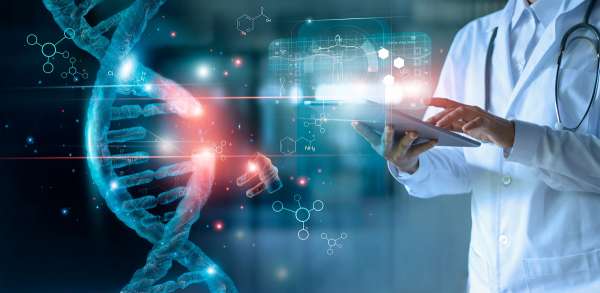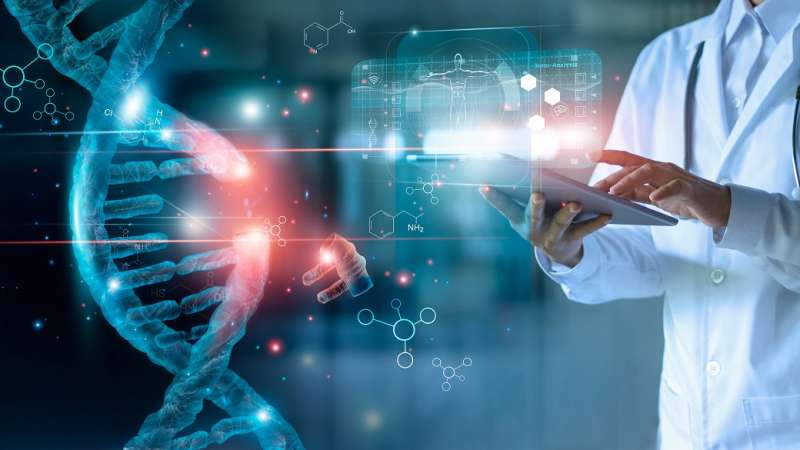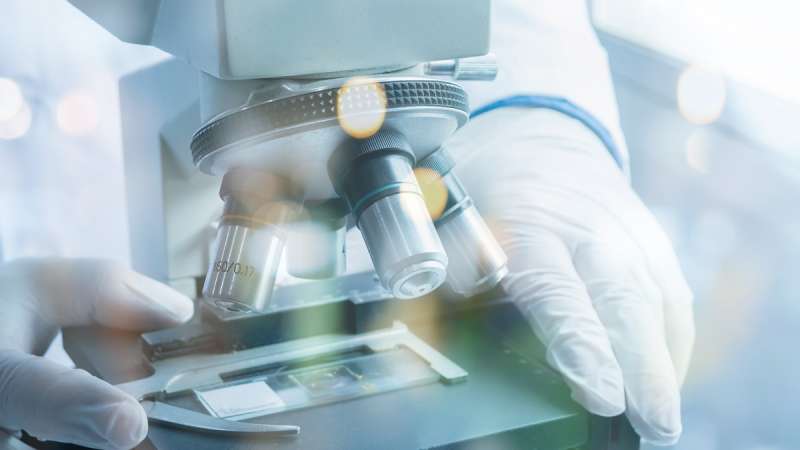With the continued, if not exponential, advances in AI within the life sciences sector, the laws surrounding and protecting that technology must play catch up.
Pharmaceutical companies, for example, are interested in protecting their latest discoveries and breakthroughs, whether in medical devices, drugs, or other advancements.
AI is no different, and it is important to understand what legal protection is afforded to the owners of AI platforms.
While copyright protects and provides the owner with the exclusive right to copy, distribute, adapt, display or perform creative work, in the UK, the law surrounding copyright does not specifically extend to protection in the AI platform itself.
This is because the law does not allow a work created by a computer alone to be eligible for copyright protection.
Instead, only the person responsible for arranging the AI’s operation is considered the work's author.
As a result, the copyright concerning any AI-generated content will likely vest in the developer or programmer rather than in the AI platform itself.
The emerging use of AI also raises the question of whether an AI platform can infringe copyright (due to its ability to generate content).
Even though AI itself may not be capable of infringement, those who operate it could be liable in the event of any dispute.
What is clear is that the current legal framework surrounding copyright and intellectual property will need to be developed to keep up with the growth and development of AI.
This will require greater and closer collaboration between the Government, its select committees, the UK Intellectual Property Office, and those impacted in the sector to ensure that those who benefit from intellectual property protection are sufficiently protected in this ever-evolving area of the law.








